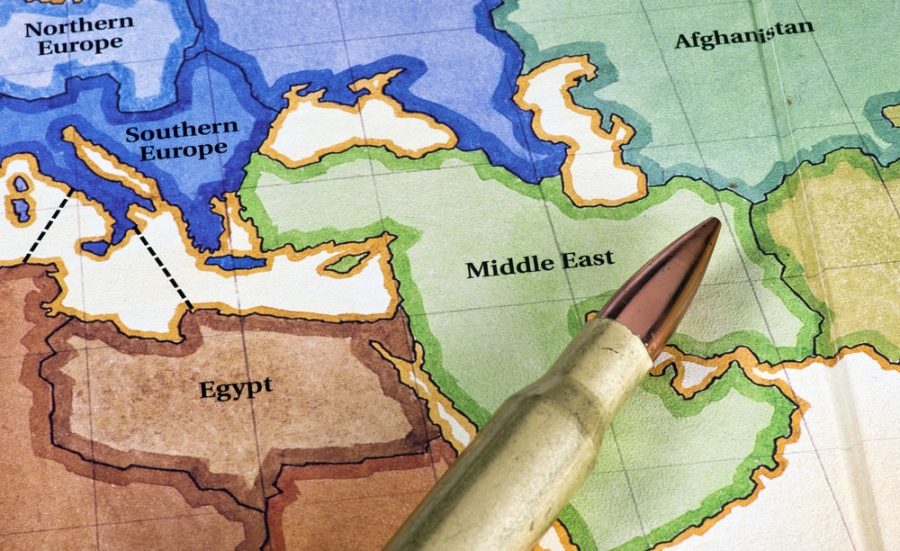Iran’s Missile Attack and Air Travel in the Middle East

Iran’s Sunday missile strike on Israel has intensified tensions in the already volatile Middle East, prompting concerns about air travel safety. The attack, aimed at several cities including Eilat, underscores the region’s precarious situation.
For airlines, the escalating tensions pose challenges and potential disruptions to flight operations. Heightened security measures, flight restrictions, and rerouted air traffic are likely consequences. Airlines may also reassess risk assessments, leading to service reductions and increased costs.
The economic impact extends beyond aviation, affecting tourism, trade, and investment. Diplomatic efforts to de-escalate tensions are crucial, as military confrontation risks catastrophic consequences.
As the situation evolves, there is collaboration among stakeholders to ensure the safety and resilience of air travel in and over the air space of the region. Vigilance and cooperation are imperative to mitigate risks and safeguard the global aviation network amidst escalating tensions in the Middle East.
Related News Stories:
Related News Stories: Iran's Missile Attack and Air Travel in the Middle East Middle East airlines alter, axe flights following Iran missile attack on ... Flights forced to turn back after Iran missile attack closes airspace ... Iran attack on Israel adds to airline troubles in Middle East | Reuters Iran Travel Advice & Safety | Smartraveller Iran launches major missile attack on Israel : NPR What was in wave of Iranian attacks and how were they thwarted? Canada's response to Ukraine International Airlines Flight PS752 ... What we know about Israel's missile attack on Iran Iran: Enabling Houthi Attacks Across the Middle East
Have your say Cancel reply
Subscribe/Login to Travel Mole Newsletter
Travel Mole Newsletter is a subscriber only travel trade news publication. If you are receiving this message, simply enter your email address to sign in or register if you are not. In order to display the B2B travel content that meets your business needs, we need to know who are and what are your business needs. ITR is free to our subscribers.








































TAP Air Portugal to operate 29 flights due to strike on December 11
Qatar Airways offers flexible payment options for European travellers
Airbnb eyes a loyalty program but details remain under wraps
Air Mauritius reduces frequencies to Europe and Asia for the holiday season
Major rail disruptions around and in Berlin until early 2026